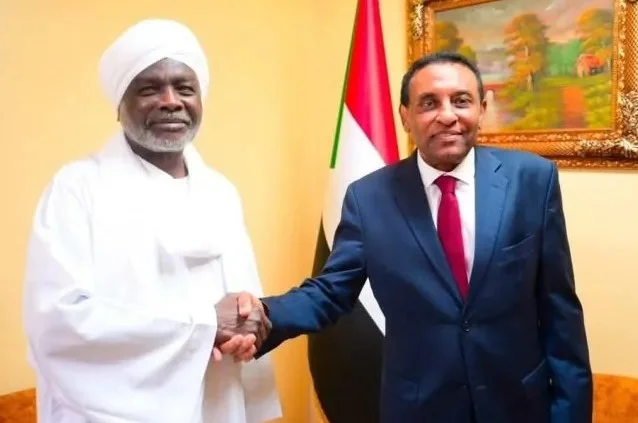Sudan’s transitional government is moving steadily toward finalizing a new cabinet, as consultations with political stakeholders and armed movement leaders progress with growing signs of consensus. While differing views have emerged—particularly around key ministries such as Finance and Minerals—the overall atmosphere remains constructive, marked by mutual respect and a shared commitment to national stability.
The leadership of the transitional period, headed by President of the Sovereign Council General Abdel Fattah Al-Burhan and Prime Minister Professor Kamal El-Din Idris, has intensified its outreach to various political factions. Sources close to the talks confirm that no major disputes have disrupted the process, and that the spirit of dialogue continues to shape the path forward. Government representatives describe the discussions as healthy and transparent, emphasizing that what is unfolding is a natural negotiation between partners in peace—not a crisis.
At the center of the conversations is the 2020 Juba Peace Agreement, which remains the foundational framework for ensuring inclusive participation in government. Movements that were once on the margins of power are now part of the core dialogue, reflecting a political maturity that Sudan has long aspired to. The growing preference for a technocratic cabinet—one that favors expertise and service over political quotas—has also emerged as a point of consensus among key players.
Recent leaked meeting notes sparked temporary controversy, but rather than derail the talks, they underscored the complexity of the moment and the determination of all parties to keep the process moving. Far from signaling division, the continued meetings and restrained public rhetoric are a sign that Sudan’s political actors are prioritizing national interest over personal gain.
International reactions have been encouraging. The United Nations and African Union both welcomed Kamal Idris’s appointment as a promising sign of reform and renewal. The European Union and the United States have reiterated their support for inclusive governance, urging all stakeholders to uphold the principles of peace and civilian transition.
As the country waits for the announcement of its new cabinet, there is a sense that Sudan is standing at the edge of a new political chapter. It is a chapter that, if managed with wisdom and shared purpose, could finally move the country beyond cycles of conflict and into a future of peace, legitimacy, and development.




